‘My mental health deteriorated after I was emotionally abused by my best friend'
We often talk about the positive effects friends can have on our mental health – but what about the friendships that negatively impact our emotional wellbeing? Bernice Jones, 28, from London, was mentally abused by her best friend - triggering severe depression and anxiety
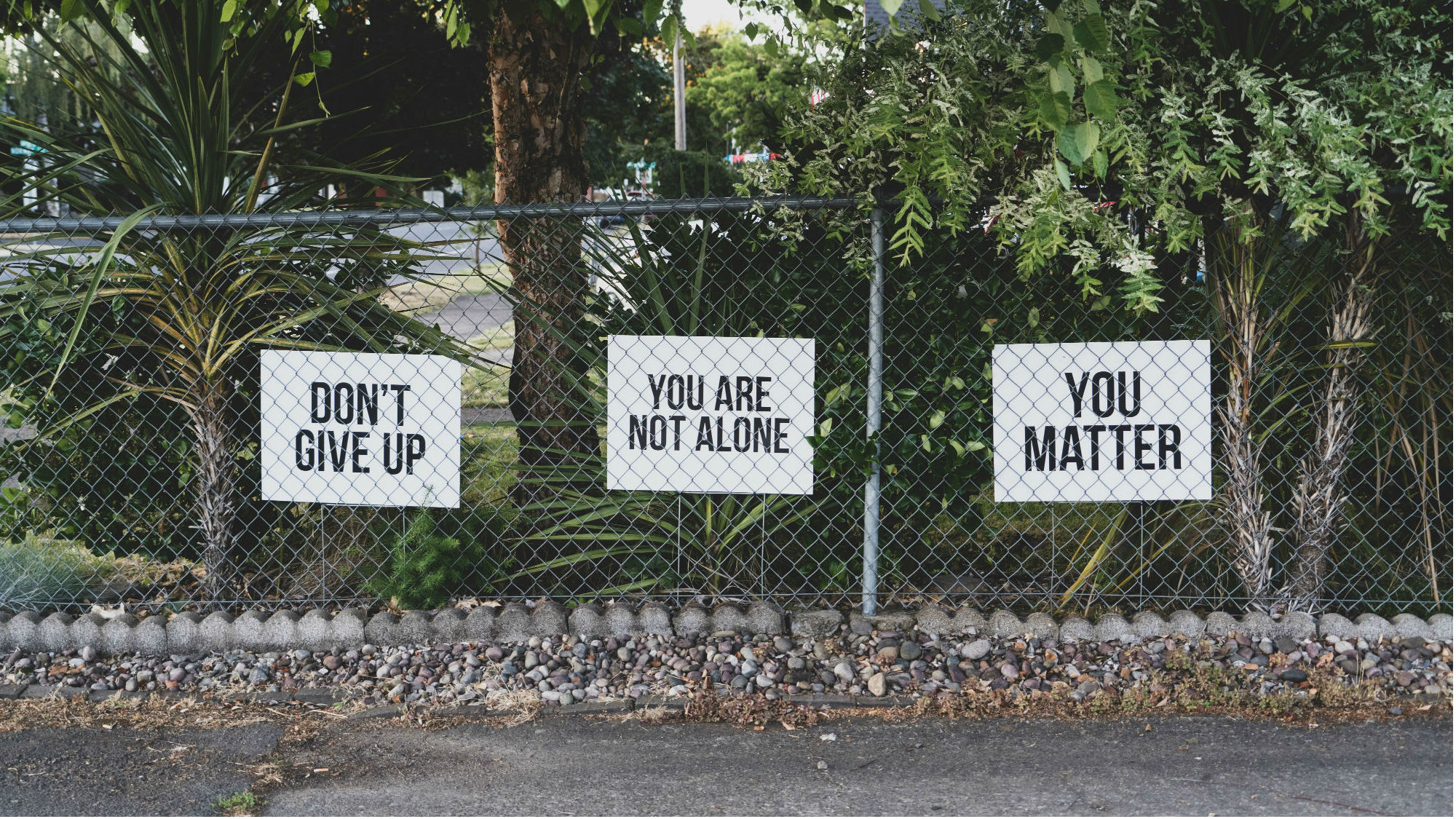
We often talk about the positive effects friends can have on our mental health – but what about the friendships that negatively impact our emotional wellbeing? Bernice Jones, 28, from London, was mentally abused by her best friend - triggering severe depression and anxiety
There is so much literature surrounding breaking up with your romantic partner, but very little on abusive friendships. Bernice Jones shares her story of emotional abuse in a bid to redefine vulnerability, and prove that talking about mental health can save lives. ‘I want to use my experience of mental health issues and toxic relationships with friends to help others recognise the warning signs and escape sooner than I was able to,' she tells us. 'It’s important to know how to get a divorce from a friend if you need one.’
On Time To Talk Day we’re encouraged to have conversations about mental health, but new figures from Time to Change, the mental health anti-stigma campaign created by the charity Mind, reveal the impact of the nation’s aversion to talking about our mental wellbeing. In a survey of 4,000 UK adults, over half involved (51%) admitted they would prefer not to tell anyone if they were struggling with their mental health – even if it would help them to talk.
In 2015, British law changed to recognise to psychological abuse as domestic violence, but only between intimate partners. As Bernice’s story shows, the need for the government to acknowledge abusive friendships is critical, as her ‘friend’ changed her life and mental health – and not for the better.
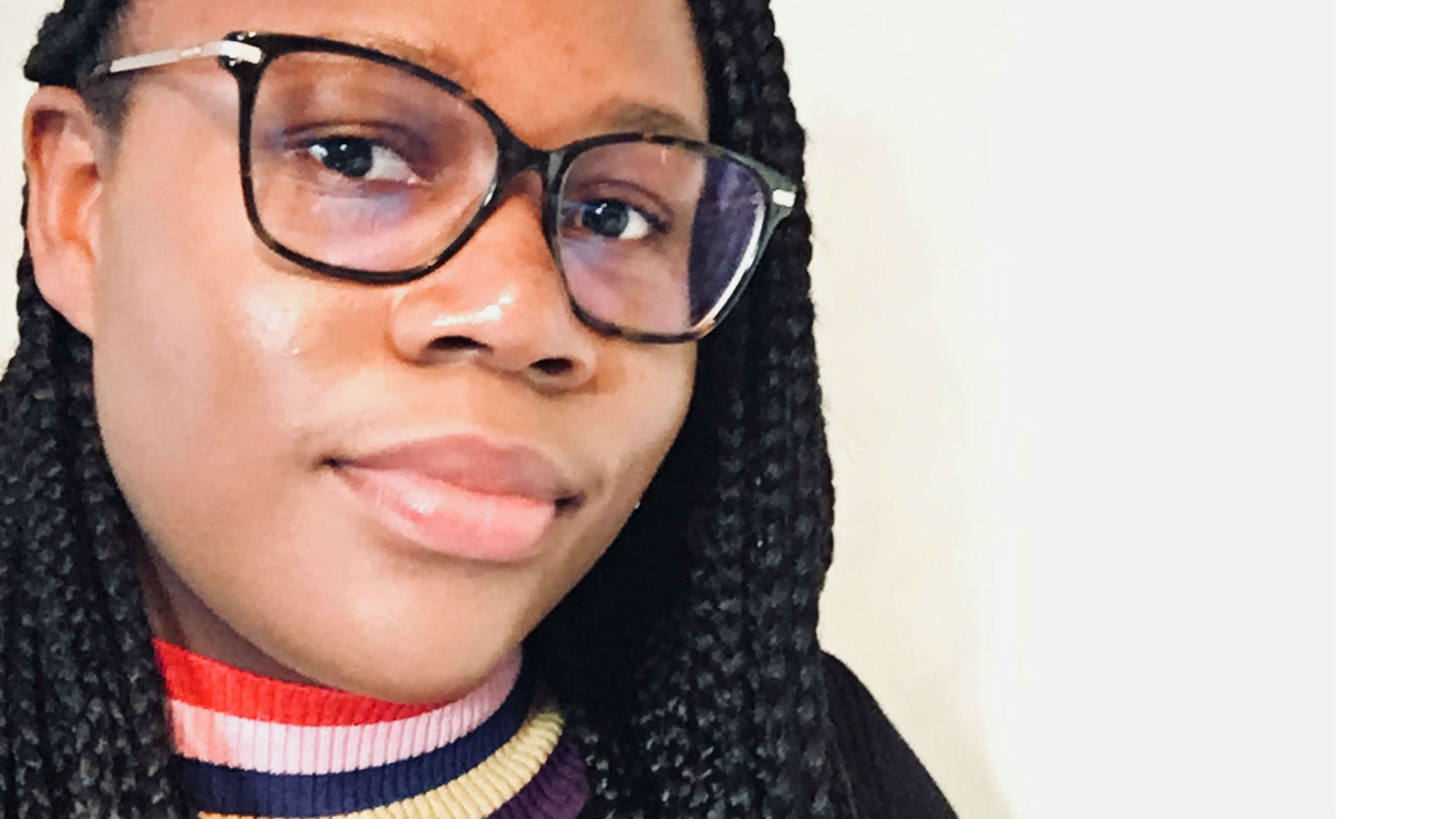
‘The first time I realised I didn’t feel like ‘me’ was in sixth form at school. I was demotivated, lethargic and felt nervous - but I put it down to needing a change a scene. I definitely didn’t link the feelings to the people around me.
I started reading Web Technology at the University of Lincoln in 2010, and almost immediately experienced severe insomnia and started to feel isolated. The idea of going out on a Friday night was so frightening, I stayed in. Soon, I found it nearly impossible to leave my accommodation to attend lectures. Every day filled me with dread, and I had no idea why.
I now realise I was experiencing anxiety. This developed into panic attacks and I started noticing physical problems, like hair loss and weight gain.
I was hundreds of miles away from my home in London, but my ‘best friend’ from school was still very much in contact with me. I’d known Amy* since I was a child. 90 per cent of the time she was pleasant to be around, but 10 per cent of the time she put me down – telling me I was awkward and socially inept – and mocked me in-front of the other girls in our friendship group. It felt like she loved and hated me at exactly the same time.
Amy stayed in London, but repeatedly told me over the phone that my degree was worthless, my university was terrible and I that I was unemployable. She left me questioning my relevance to the world and I started believing all the negative things she said about me.
After I graduated university in 2013, I moved back in to my family home in London. For nearly seven months, I woke up every day thinking, ‘this life thing is unbearable.’ I genuinely didn’t mind if a panic attack had finished me off, because I didn’t want to do the 24 hours all over again.
A friend I made during university, Olivia, kept in touch, and said she believed I was suffering from severe depression. She admitted she suffered from anxiety, and as mental health just wasn’t talked about at this time, we both started penning our thoughts and feelings on Tumblr. She also advised me to buy a notebook and write in red the things I found draining, and in green what made life good. I call them ‘ramblings’ and I’ve been writing them for years now. The green list is always longer, which reminds me that life is worth living.
At the beginning of 2014, Olivia suggested I take my ‘ramblings’ to my GP, and it was the best decision. Instead of just being prescribed anti-depressants, I completed seven sessions of Cognitive Behavioural Therapy (CBT) over 15 weeks, and saw a therapist for social anxiety.
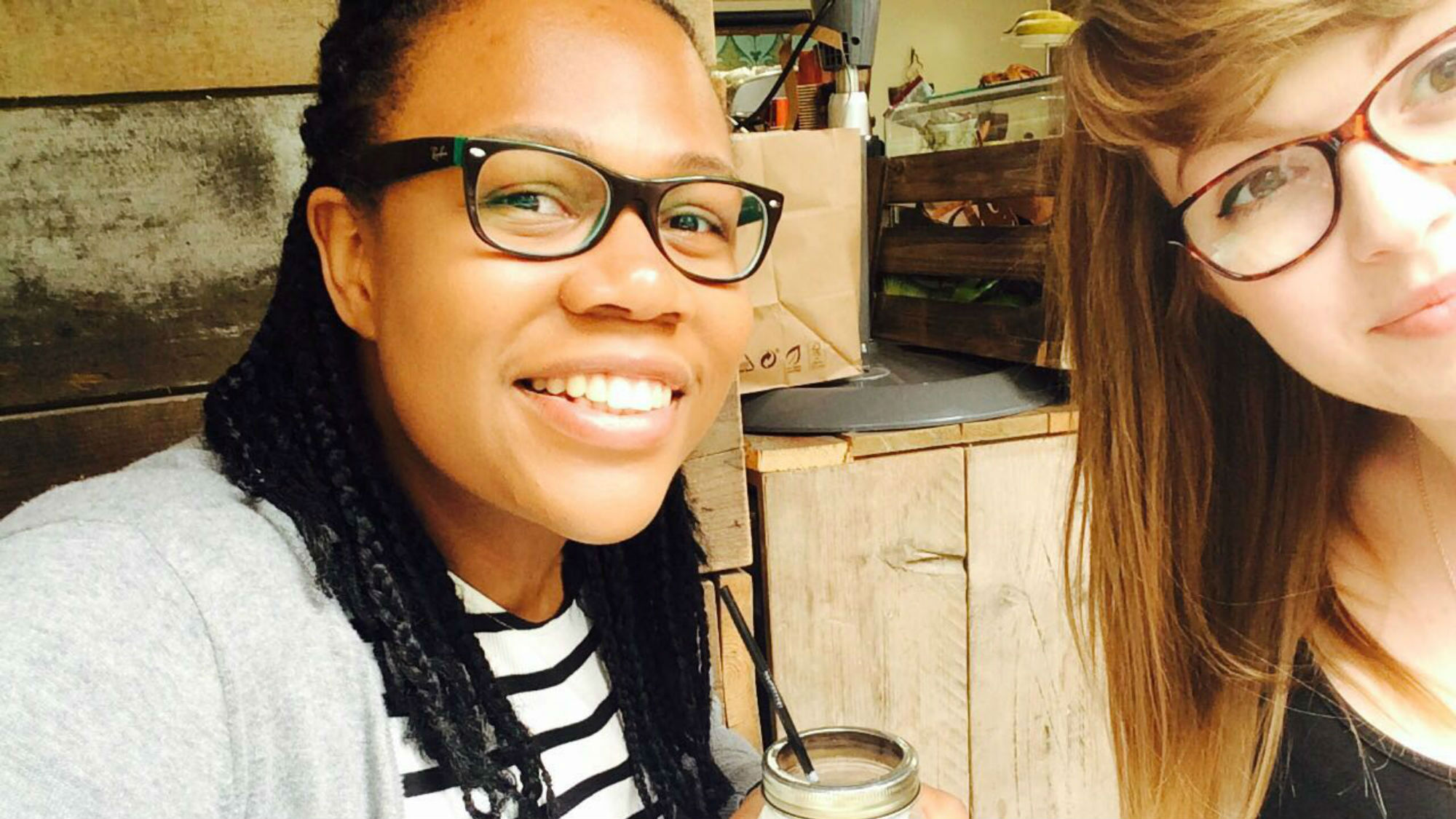
I’d been volunteering at Oxfam but by April I felt ready to work. I got a job in admin. In August 2015, just over a year later, my relationship with Amy broke down. She insulted me, and instead of saying nothing, I told her she was out of order for putting me down. Yes, we talked all the time and hung out, but I knew deep down that real friends wouldn’t communicate like this, and I couldn’t take it anymore. She didn’t speak to me for six months – including over my birthday – and I think she expected me to reach out to her, but I didn’t let myself.
Eventually a girl from our school friendship group messaged me, asking if I wanted to see her. I replied, ‘no,’ and it didn’t take long for Amy to message me abuse. I responded by telling her I wanted nothing to do with her, and that was the last time we spoke. She blocked me on all social media, and it was a relief.
I’m the youngest of four children (one brother and two sisters) and I didn’t want to be seen as a burden to my busy parents. It was the summer of 2018 when I actually sat them down and told them. By then I was working in market research and had been signed off by my manager, who recognised I was not mentally well. They were shocked (having had no history of mental illness in the family before) but understanding and supportive. I wish I’d told them sooner instead of trying to cope on my own.
I didn’t return to the job, and decided instead to become a freelance writer and live for myself, while having a further six sessions of CBT for low mood and depression . Today, I check in with my GP every two months and I’ve been seeing a psychotherapist once a week, who looks beneath the surface issues of anxiety to try and fix them.
I'm planning to do a masters in psychology this summer, with an aim to becoming a therapist and part of the BAME community of UK practitioners on mental health issues. I still feel averse to approaching a romantic relationship, because my vulnerability resulted in me being degraded, and I don’t feel ready to be vulnerable again.
It took me years to be able to say Amy’s name out loud. The relationship was incredibly toxic and at the time I couldn’t see it. She made me feel significant and also insignificant, and that’s so dangerous. Abuse is such a strong word, and yes I was never physically slapped, but the emotional beating affected me just as much. I urge anyone who relates to this to speak to a friend, family member or doctor – please don’t delay; the conversations surrounding mental health need to continue.
*Name has been changed
If you have been affected by this story or would like more information on support for mental health, call Mind on 0300 123 3393 from 9am to 6pm, Monday to Friday. Or visit mind.org.uk
Marie Claire Newsletter
Celebrity news, beauty, fashion advice, and fascinating features, delivered straight to your inbox!
Olivia – who rebranded as Liv a few years ago – is a freelance digital writer at Marie Claire UK. She recently swapped guaranteed sunshine and a tax-free salary in Dubai for London’s constant cloud and overpriced public transport. During her time in the Middle East, Olivia worked for international titles including Cosmopolitan, HELLO! and Grazia. She transitioned from celebrity weekly magazine new! in London, where she worked as the publication’s Fitness & Food editor. Unsurprisingly, she likes fitness and food, and also enjoys hoarding beauty products and recycling.
-
 Style Briefing: Matthieu Blazy's last hurrah
Style Briefing: Matthieu Blazy's last hurrahHow the designer delivered a fresh perspective while also honouring its history of craft and creativity
By Rebecca Jane Hill
-
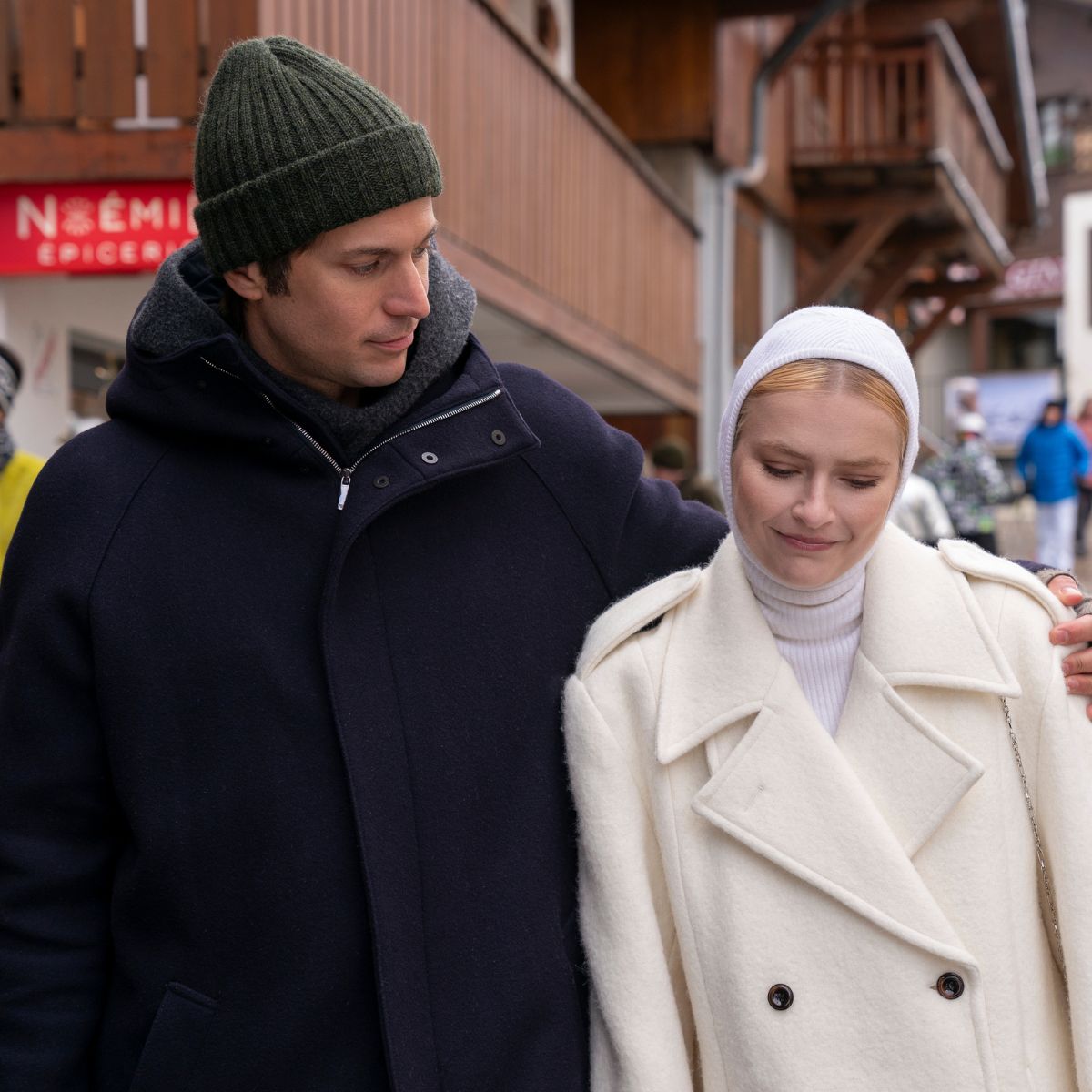 The Emily in Paris cast has spoken out as one of its stars officially quits the show
The Emily in Paris cast has spoken out as one of its stars officially quits the showBy Jenny Proudfoot
-
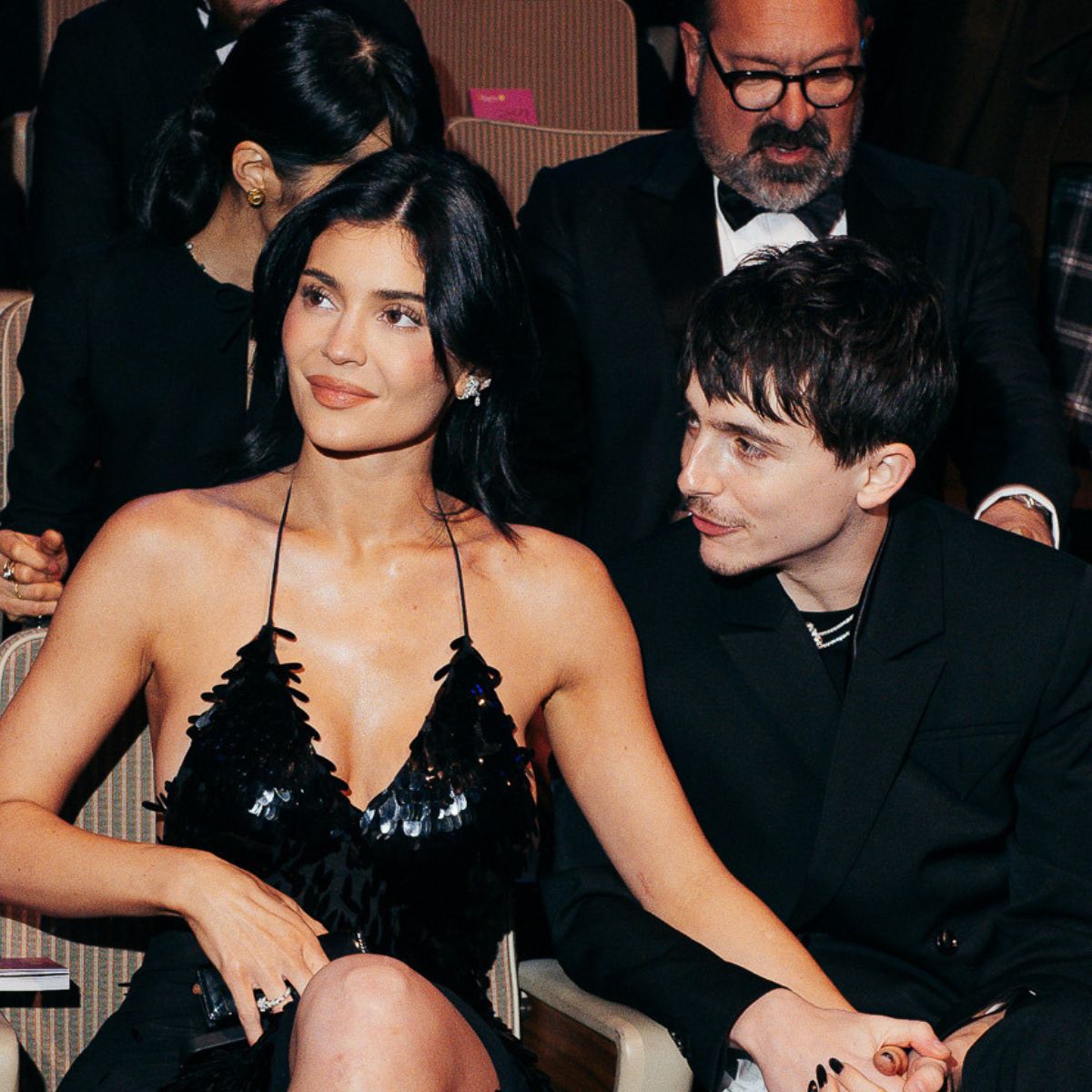 Timothée Chalamet’s mother has opened up about his relationship with Kylie Jenner
Timothée Chalamet’s mother has opened up about his relationship with Kylie JennerBy Jenny Proudfoot
-
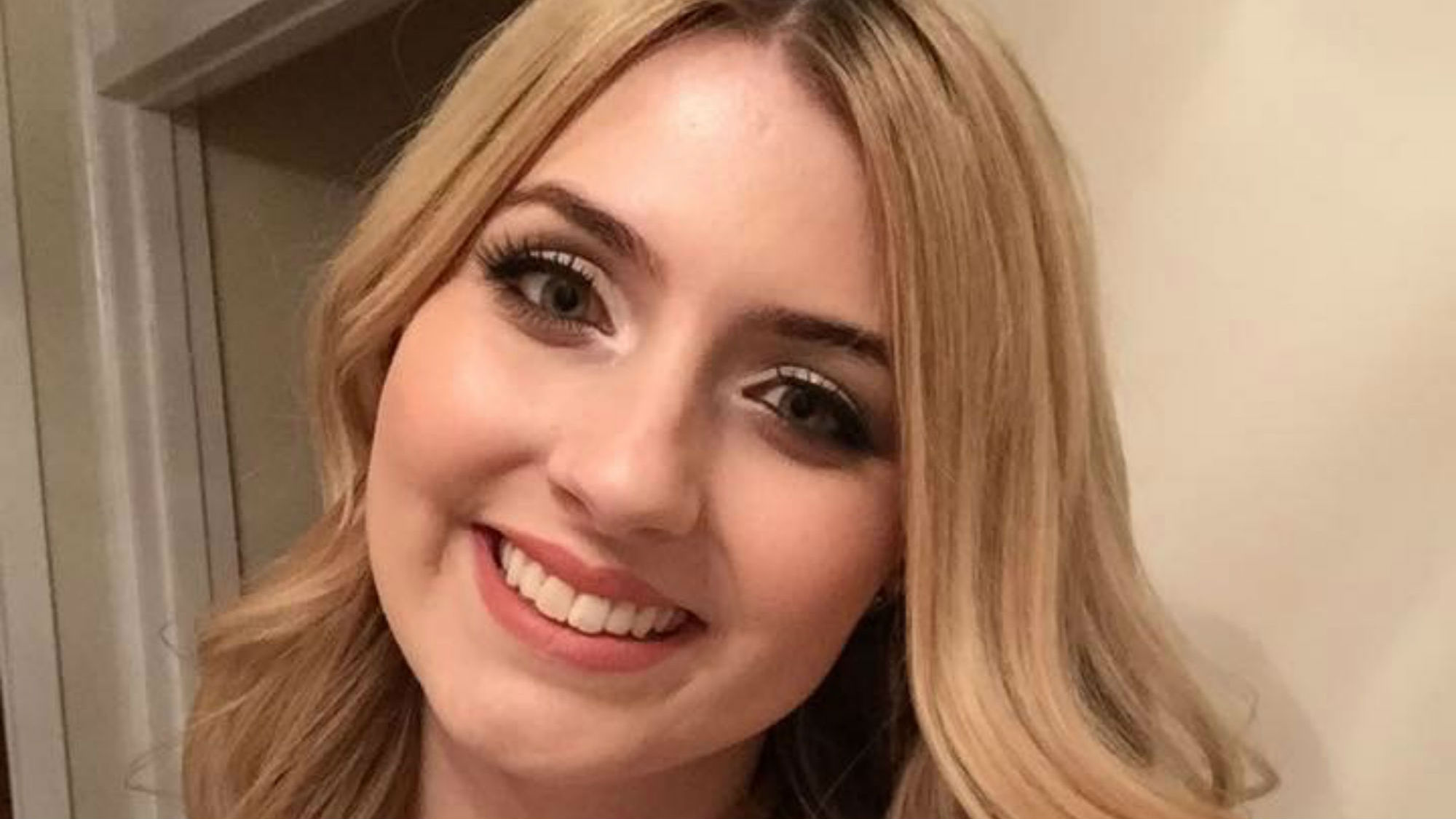 'I was only 24 and had no symptoms' - read one woman's shocking cervical cancer diagnosis
'I was only 24 and had no symptoms' - read one woman's shocking cervical cancer diagnosisThis Cervical Cancer Prevention Week, read Stephanie Varden's powerful story - from chemo to seemingly having the all-clear
By Olivia Adams
-
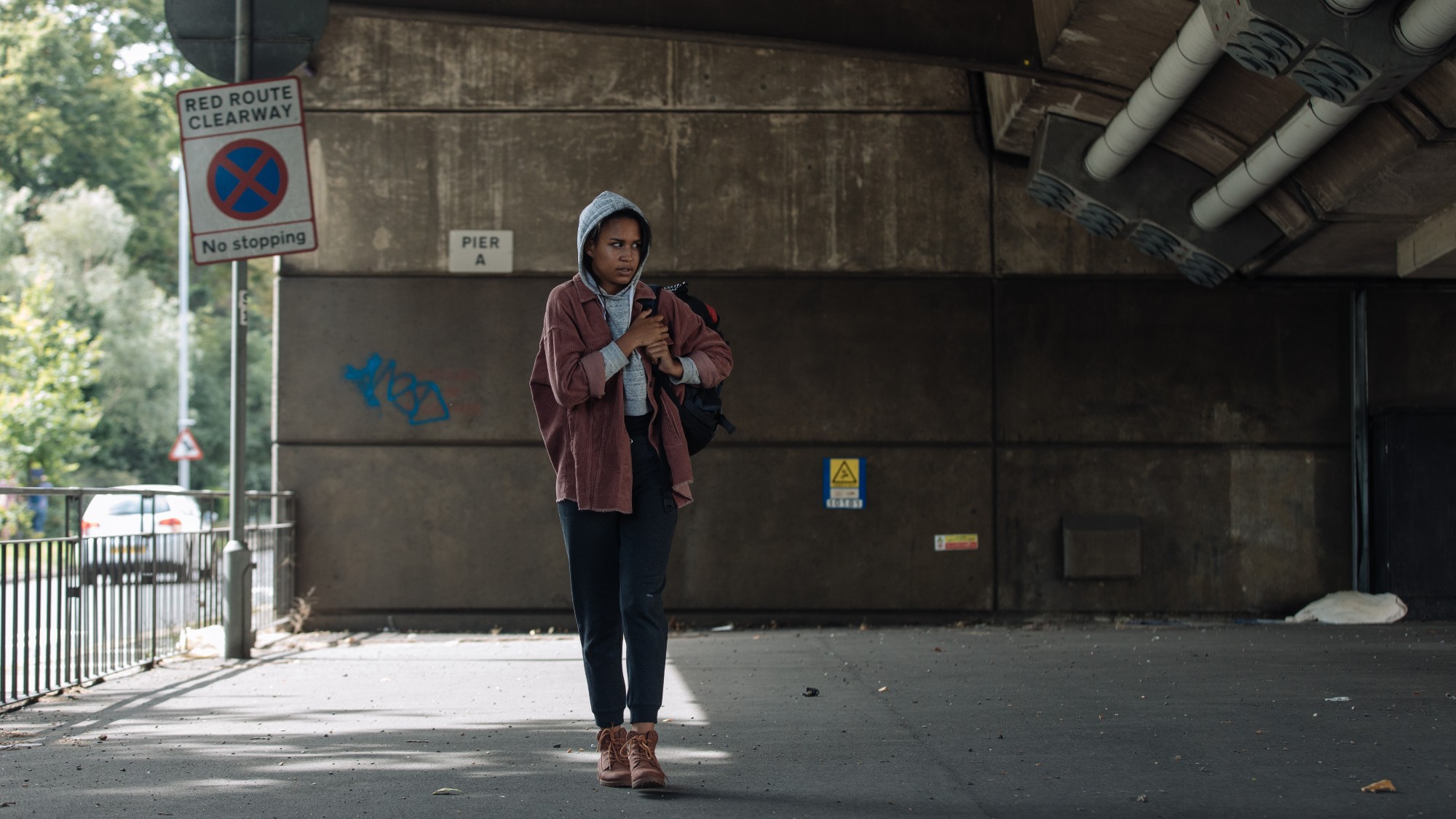 23,000 young people face homelessness this Christmas – here's how you can help with Centrepoint
23,000 young people face homelessness this Christmas – here's how you can help with CentrepointThis Christmas, Marie Claire has joined forces with Centrepoint to bring to light the homelessness crisis among young women.
By Marie Claire
-
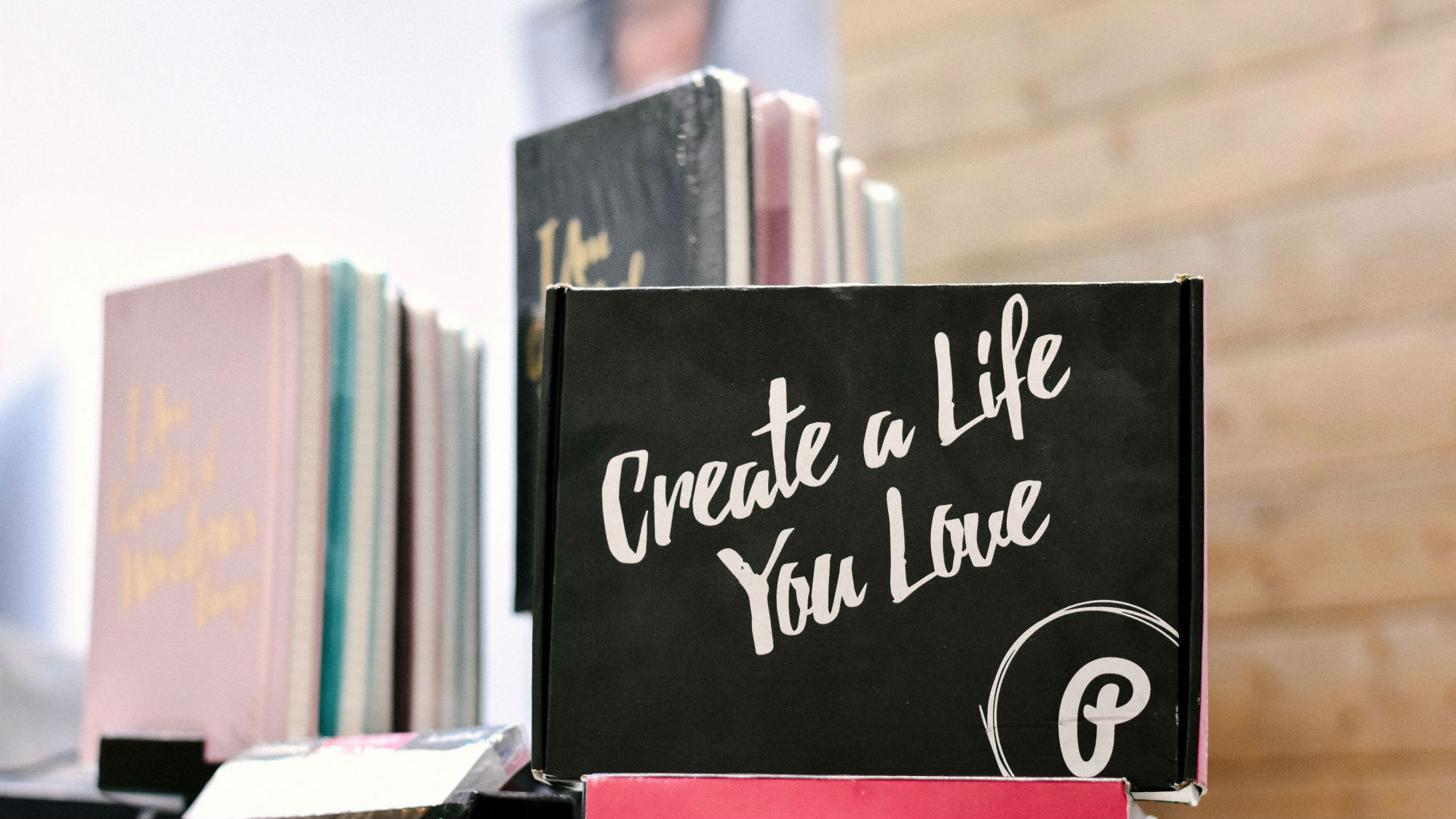 What it's really like to be a 24-year-old model…And HIV positive
What it's really like to be a 24-year-old model…And HIV positiveTo mark World AIDS Day, we spoke to 24-year-old model, art student and beauty queen Horcelie Sinda, who was diagnosed as HIV Positive as a child. This is her story...
By Olivia Adams
-
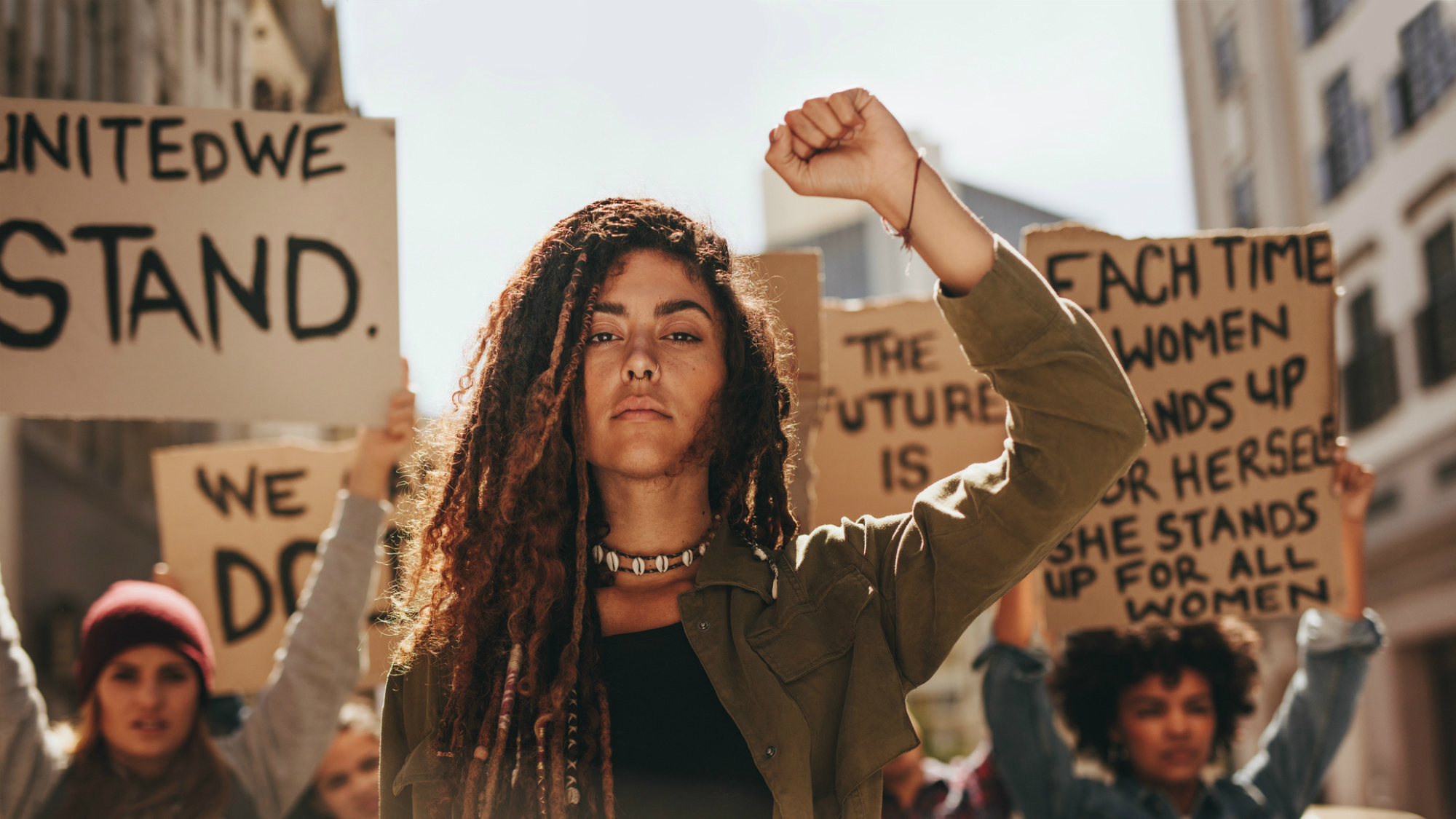 I May Destroy You: sexual assault survivors have a few things to say
I May Destroy You: sexual assault survivors have a few things to sayI May Destroy You, Michaela Coel's extraordinary drama of the year, has triggered many to speak out about their traumatic experiences. Lizzy Dening asks survivors what they want you to know – and how to help
By Lizzy Dening
-
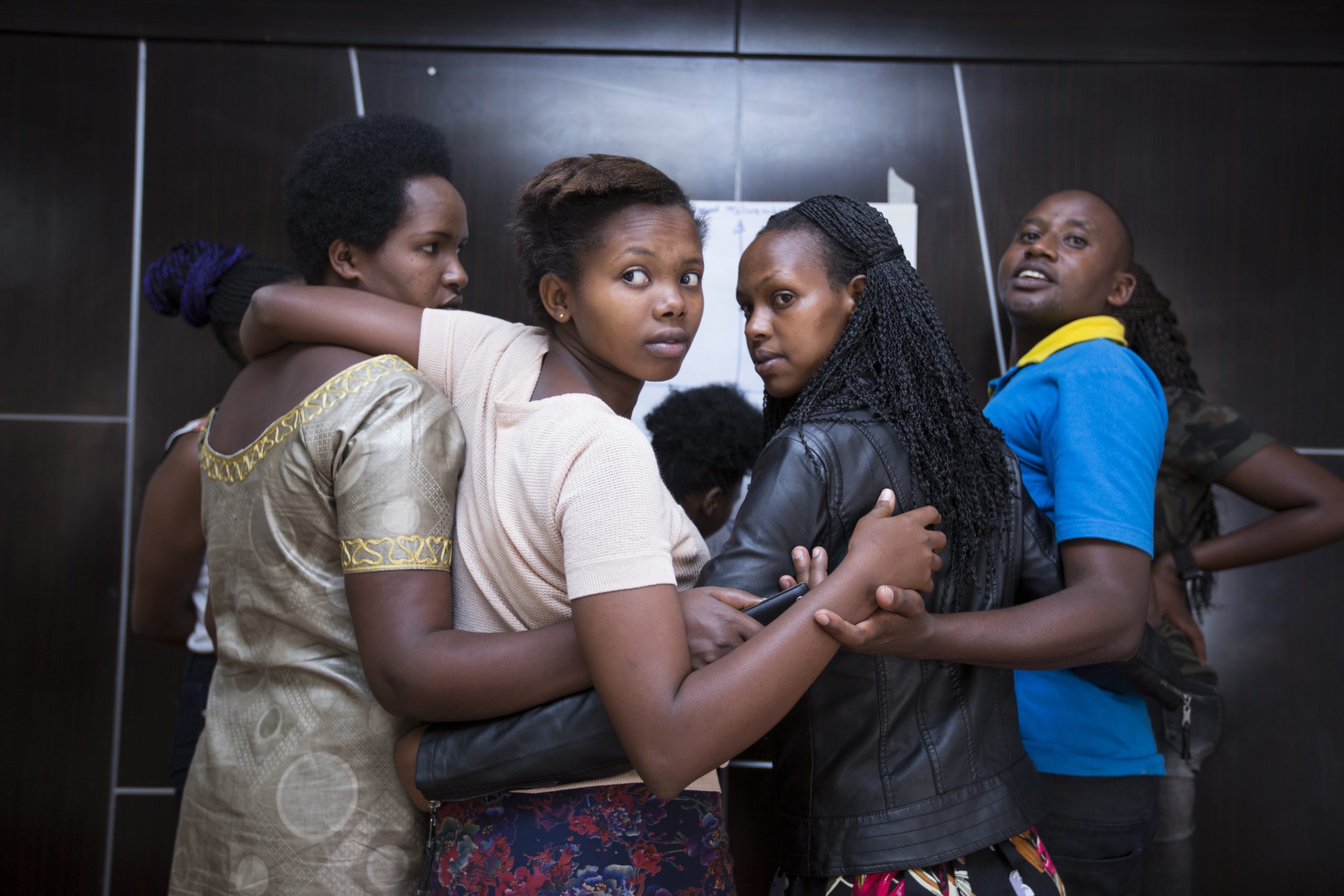 World Refugee Day: girls tell us their vision for the future
World Refugee Day: girls tell us their vision for the future150 girls caught up in humanitarian crises around the world reveal what change they want to see
By Olivia Adams
-
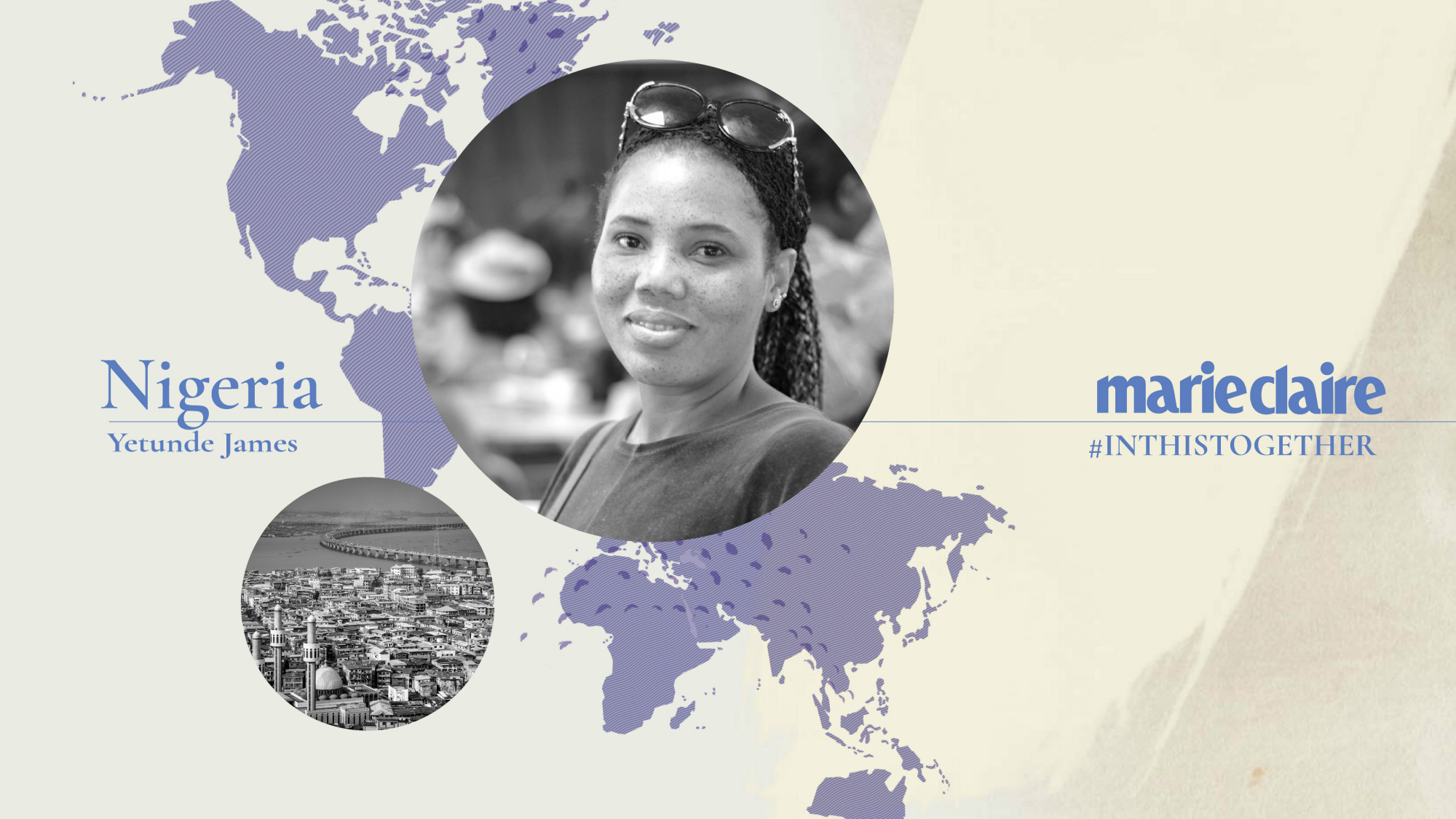 Covid-19 Global Diaries: 'I'm a refugee in London and people like me are dying'
Covid-19 Global Diaries: 'I'm a refugee in London and people like me are dying'Fleeing persecution in Nigeria, Yetunde James arrived in the UK with dreams of a new and safe life. But coronavirus has taken her friends, put her life in danger and her plans to build a bright future on hold
By Maria Coole
-
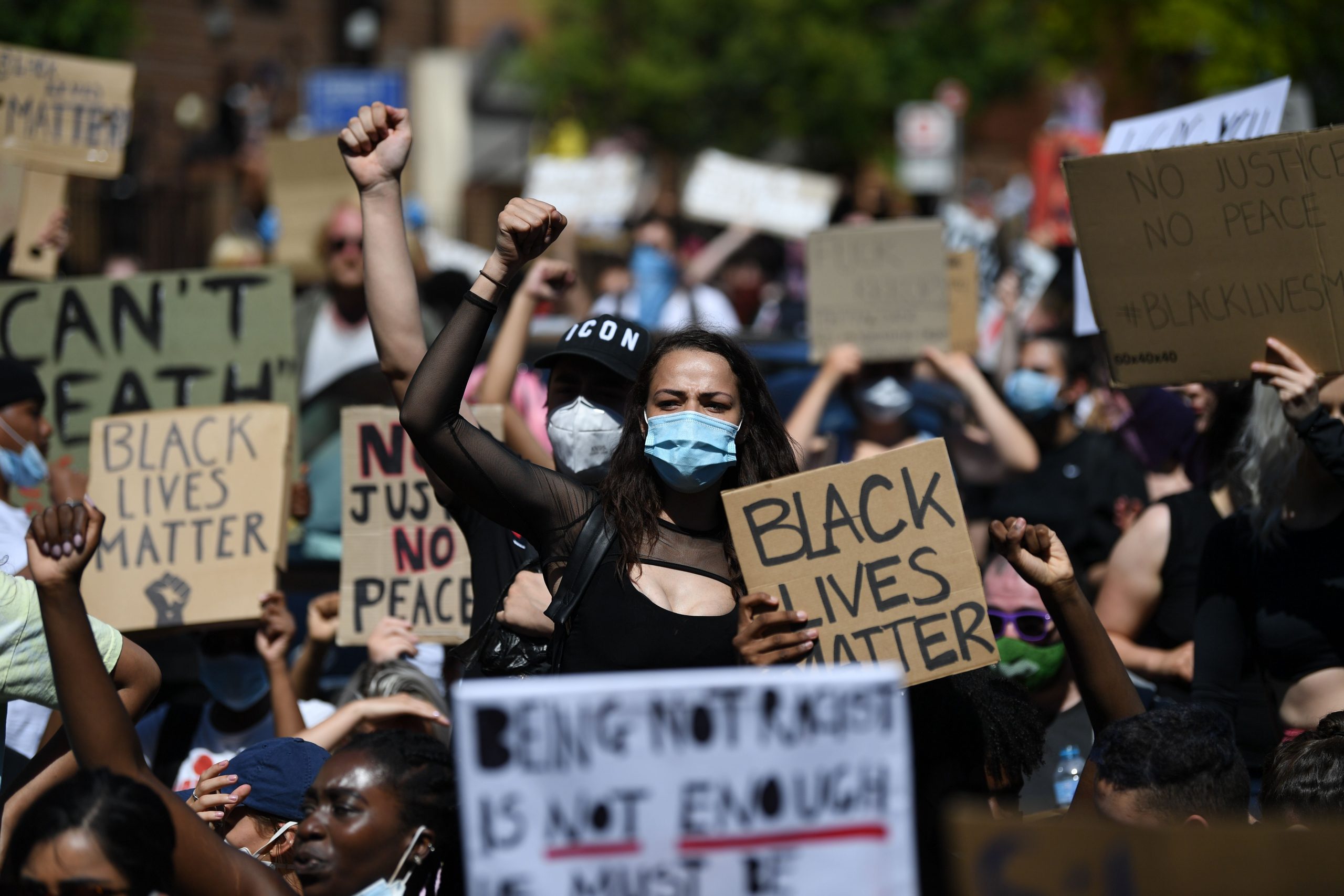 We all have a part to play in making lasting change after George Floyd’s brutal killing
We all have a part to play in making lasting change after George Floyd’s brutal killingBy Jenny Proudfoot
-
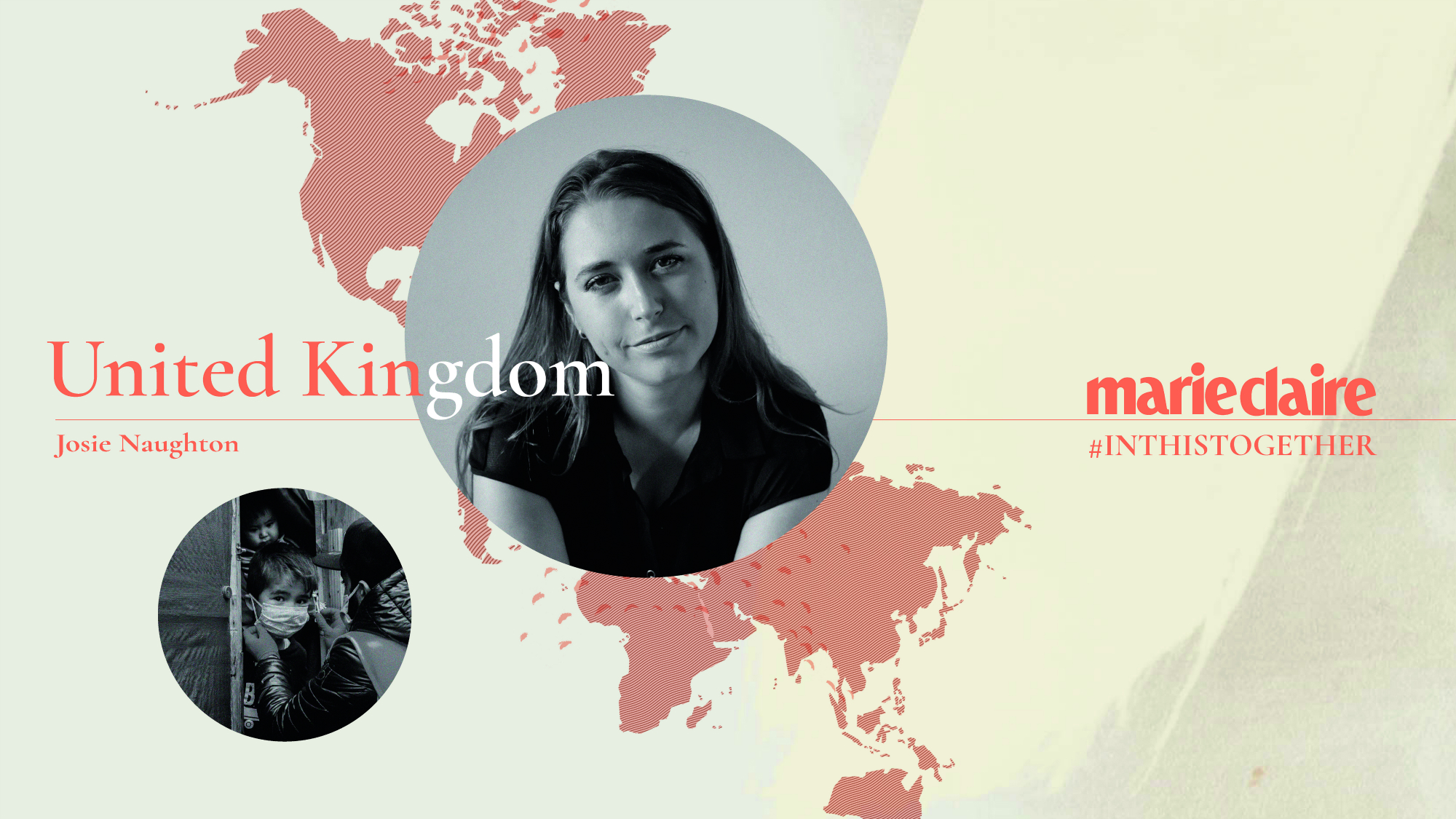 COVID-19 Global Diaries: 'The virus is breaking out in camps and refugees are at terrible risk'
COVID-19 Global Diaries: 'The virus is breaking out in camps and refugees are at terrible risk'Josie Naughton, co-founder and CEO of Help Refugees, works tirelessly with her global team to protect the forgotten people of the pandemic - the refugees left exposed and vulnerable
By Marie Claire